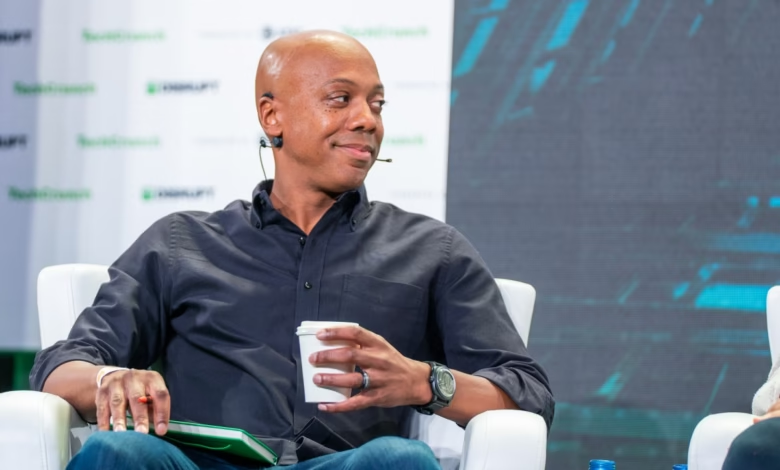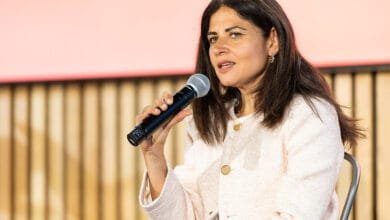Why Seed Investors Are Exiting Winners Sooner Than Ever

▼ Summary
– Charles Hudson analyzed selling portfolio companies at different stages and found selling at Series B could yield over 3x returns, reshaping his approach to liquidity.
– LPs are increasingly impatient with traditional 7-8 year hold periods due to dried-up venture returns and more liquid investment options.
– Early-stage VC investors are now forced to think like private equity managers, balancing cash returns with long-term home runs.
– Smaller funds like Precursor face acute pressure to generate liquidity, while mega-funds can afford to wait for larger outcomes.
– Hudson notes a shift in venture investing toward algorithmic approaches, risking oversight of unconventional but high-potential founders.
The venture capital landscape is undergoing a seismic shift as seed investors increasingly exit winning startups earlier than ever before. Charles Hudson, founder of Precursor Ventures, recently faced an eye-opening question from one of his limited partners: What if he sold all portfolio companies at Series A, B, or C? The answer revealed a surprising trend reshaping early-stage investing.
Hudson’s analysis showed that while selling at Series A hurt long-term returns, exiting at Series B could deliver a fund multiple exceeding 3x, a compelling outcome for LPs growing impatient with traditional seven-to-eight-year hold periods. This realization is forcing seed investors to rethink their strategies, balancing the pursuit of home runs with the need for interim liquidity.
The pressure isn’t unique to Precursor. Across the industry, venture funds are adapting to a new reality where liquidity has become as critical as long-term growth. Hans Swildens of Industry Ventures notes that firms are now hiring dedicated teams to explore secondary sales and other exit strategies, a stark departure from the “hold-and-pray” approach of past decades.
Smaller funds face the toughest adjustments. Unlike mega-firms that can wait for billion-dollar outcomes, seed-stage investors must be tactical, often selling stakes in promising companies earlier than they’d prefer. Hudson’s portfolio, filled with unconventional founders like Laura Modi of ByHeart and Doktor Gerson of Rad AI, exemplifies the high-risk, high-reward bets that demand careful liquidity planning.
LP expectations are also evolving. University endowments, once venture capital’s most reliable backers, now grapple with regulatory pressures and tighter budgets. Some demand faster returns, even at the cost of long-term gains, while others still prioritize maximum exits. Navigating these conflicting demands requires a level of financial discipline rarely seen in early-stage investing.
Hudson acknowledges the trade-offs. As venture capital becomes more algorithmic, favoring founders from elite schools and pedigreed backgrounds, the “weird and wonderful” outliers that drive outsized returns risk being overlooked. Yet he remains optimistic, seeing opportunity in the industry’s growing sophistication.
For more insights, listen to Hudson’s full discussion on the latest episode of TechCrunch’s StrictlyVC podcast. The changing dynamics of seed investing reveal a sector in flux, where adaptability may be the ultimate competitive edge.
(Source: TechCrunch)





